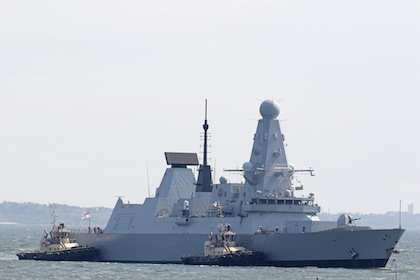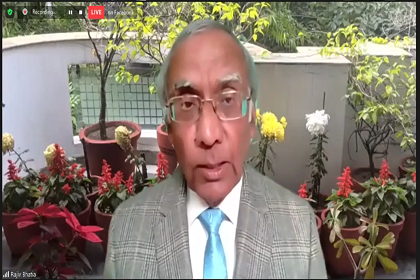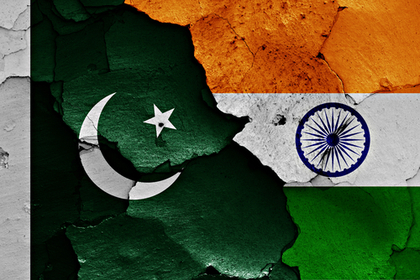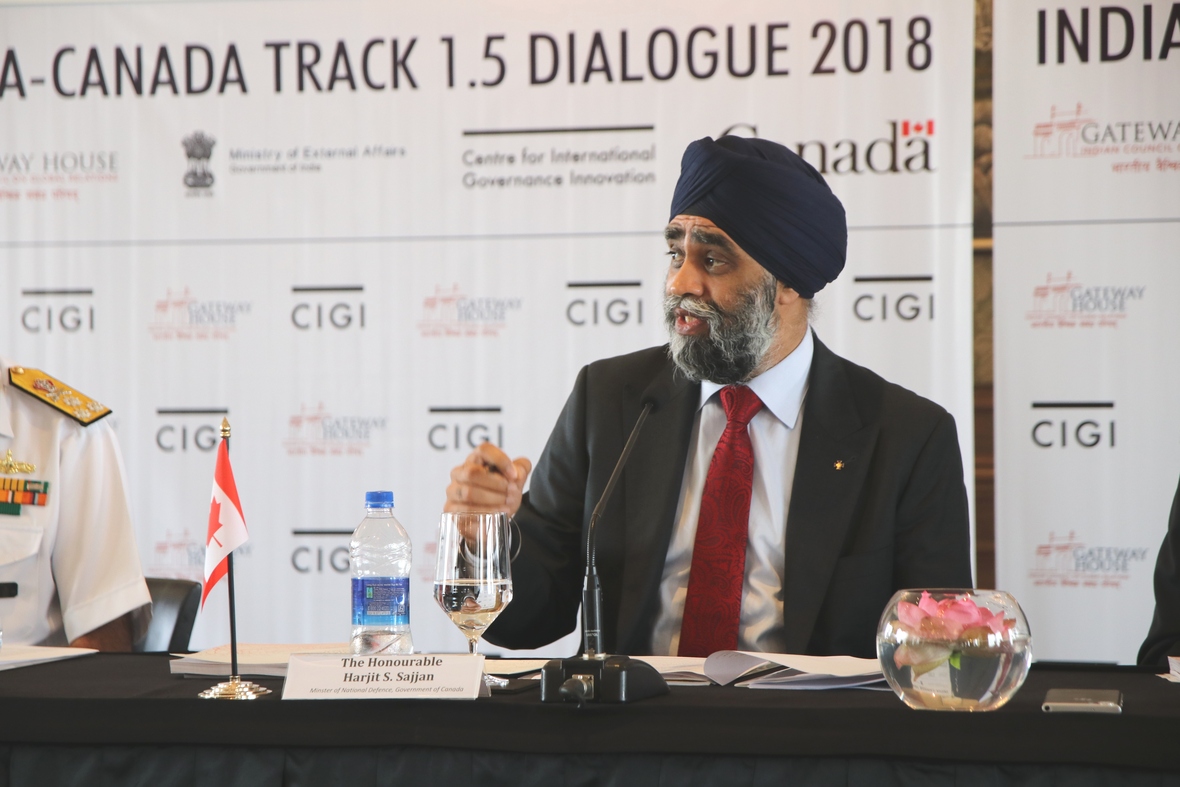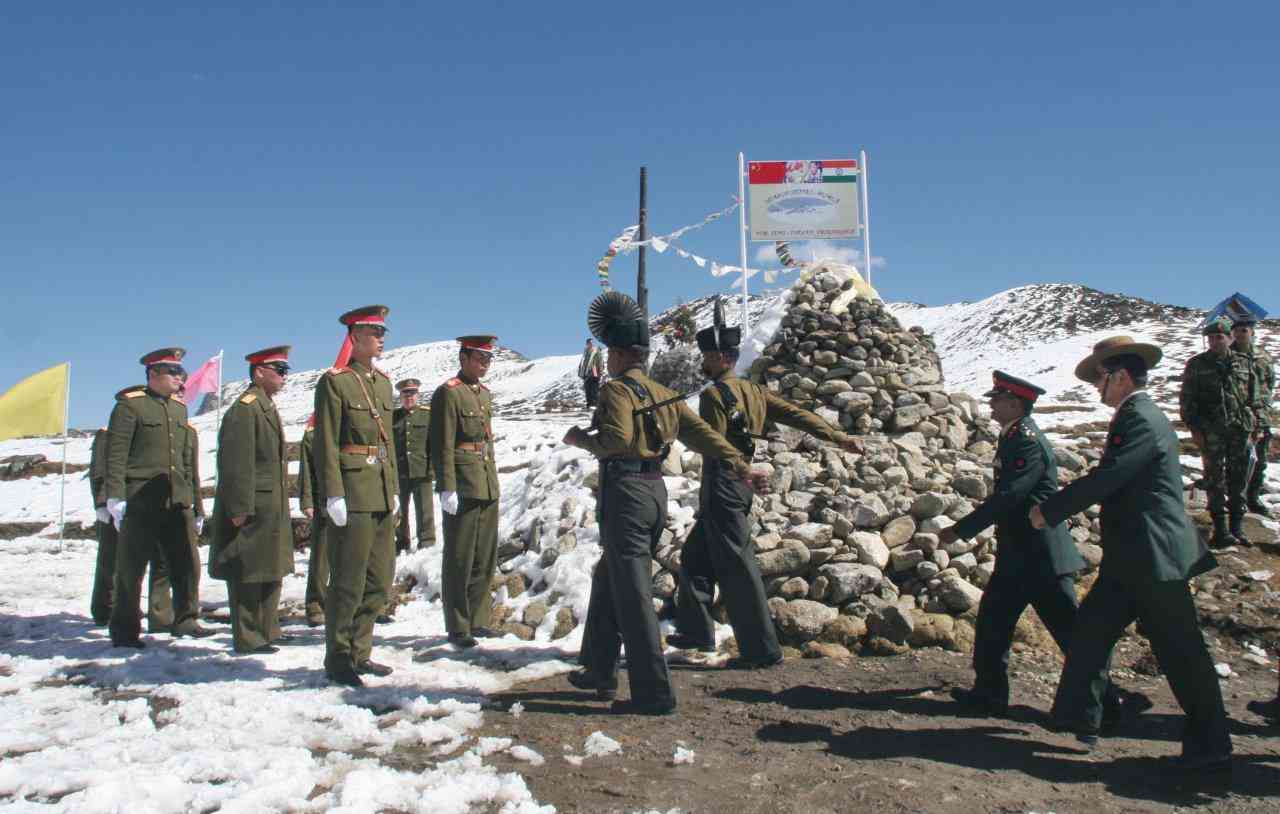Countering unmanned systems
The use of unmanned systems has increased in the 21st century, employed by great powers, medium powers and non-state actors alike. Zachary Kallenborn, Research Affiliate, Unconventional Weapons and Technology Division of the National Consortium for the Study of Terrorism and Responses to Terrorism (START) explains the growing proliferation of unmanned systems and ensuing threats on a state and global level.


